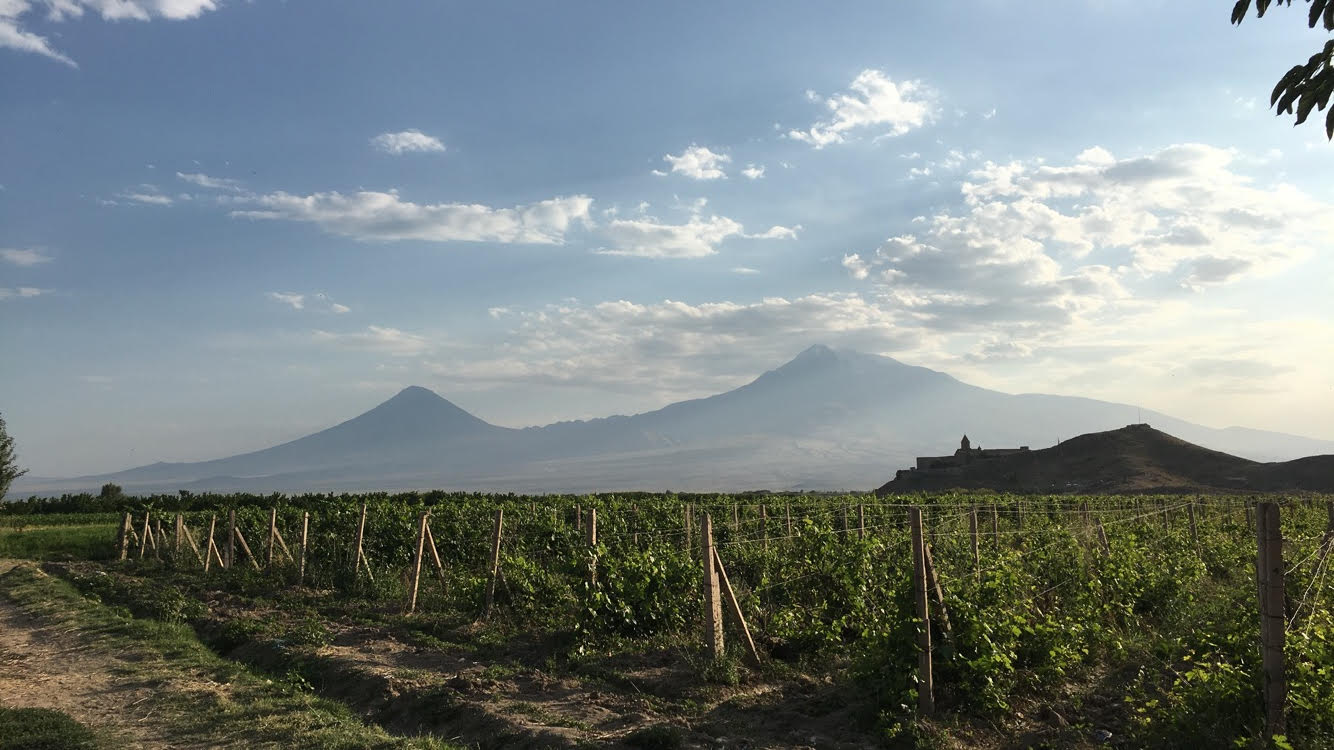
Armenia, or the Republic of Armenia, in Armenian Hayastan (Հայաստան), is a country located in the Lesser Caucasus region of Western Asia. A former Soviet socialist republic, Armenia is considered culturally, historically and politically part of Europe, and even geographically on its edge.
Heir to one of the world's oldest civilisations, Urartu, its territory represents only one tenth of historical Armenia, the kingdom of Armenia which reached its peak as the Kingdom of Armenia under Tigran the Great. Currently, the country is landlocked and has no waterways, and borders Georgia to the north, Turkey to the west and south, Azerbaijan to the east and southwest, and Iran to the south.
Armenia only regained its independence in September 1991, before the collapse of the USSR. In its more than 2,500-year history, Armenia has alternated between periods of independence and subjugation; the first Republic of Armenia was finally proclaimed on 28 May 1918 after more than five centuries of eclipse of Armenian sovereignty.
Despite the many difficulties of its long history, Armenia has been able to create cultural riches that have endured. From the first kingdoms to the invention of the Armenian alphabet and the Christianisation of the country, it has used every event as a tool or inspiration for its cultural work. Armenia has a long musical tradition of folk, religious, classical and more contemporary music.
See more on our website: notre site
 0
0
